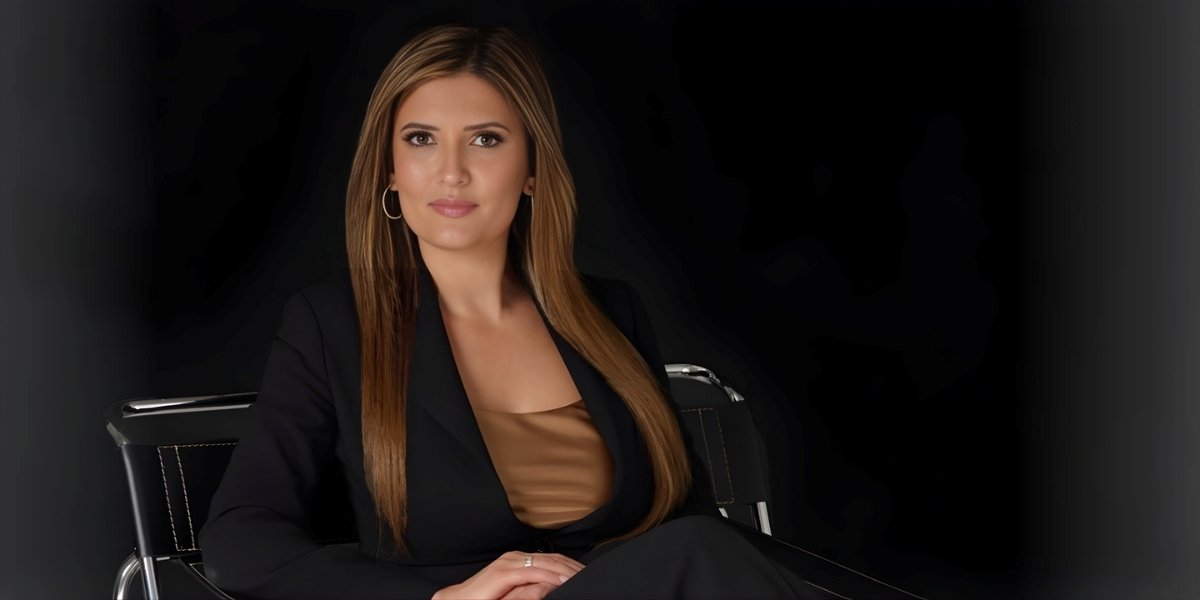By: Jason Gerber
He alone redeemed us from the slavery of sin (Psalm 130:7-8)
Modernity is defined as “the intellectual and cultural heritage of the Enlightenment project – namely, the rejection of traditional and religious sources of authority in Favour of reason and knowledge as the road to human emancipation.”
Modernism emphasizes individual reason and the scientific method as the primary tools for discovering truth. This belief system challenges the reliance on external authorities, like the church, to dictate morality and knowledge, leading to people often viewing church communities solely through the lens of personal fulfillment. The focus becomes “what the church can offer me” rather than “how I can contribute to the community.” This, combined with our consumerist culture, can easily breed spiritual selfishness, which Raymond Rivera refers to as being held “captive” in a world where the only source of liberation can be through God.
In this regard, modernity offers several challenges to religious, ethical, and moral values, some we discuss below:
Secularization
The prioritization of secular values over religious ones leads to a decline in religious practice and influence on public life. The emphasis on individual achievement can weaken traditional community ties, leading to isolation and loneliness.
Individualism
The modern emphasis on individual rights and autonomy in societies can downplay the importance of religious communities and traditions that emphasize collective values, often causing alienation to the individuals of faith.
Consumerism
Modernity often prioritizes material wealth and consumption as markers of success. This can lead to feelings of emptiness and a disconnect from the deeper meaning, virtues of selflessness, humility, and spiritual fulfillment.
Loss of Meaning
The emphasis on individual achievement can leave people searching for a deeper purpose often found in religious traditions. Modernity can leave people questioning the purpose of life.
Finding Liberation Through Religion
In the search for liberation from the stresses and superficiality of modern life, religion offers a profound and transformative path. At the same time, serving as a compass, providing you a safety net, and offering meaning in a meaningless world.
Meaning and Purpose – A Path Beyond the Material
Modern life often focuses on achievement and material success. Religion, however, offers a broader perspective. It provides narratives of creation, purpose, and the afterlife, giving life a deeper meaning that transcends the materiality of the world.
Community and Connection – A Lifeline in a Digital Age
In an increasingly digital world, genuine human connection can be harder to find. Religious communities offer a powerful antidote to social isolation. Shared beliefs and traditions create strong bonds between members, providing a sense of belonging and acceptance. Religious communities often function as support networks, offering guidance, comfort, and practical help during times of need.
Rituals and Mindfulness – Finding Calm in the Chaos
Our modern lives are filled with distractions — constant notifications, information overload, and a fast-paced environment. Religious rituals, like daily prayers, meditation, or communal worship, offer a pause from the chaos. These practices encourage mindfulness, focusing our attention on the present moment and fostering a sense of inner peace.
Moral Compass – A Guide Through Modern Dilemmas
Religion provides a moral compass, offering ethical guidelines that help individuals navigate the complexities of modern life. Religious teachings promote treating others with respect and acting with integrity, even when faced with difficult choices. This provides individuals with a framework for making ethical decisions and fosters a sense of inner peace that comes from living according to one’s beliefs.
Transcendence and Inner Peace – A Connection Beyond Ourselves
At its core, religion offers the possibility of transcendence – a connection with something greater than oneself. This experience, often described as a connection with the divine or a higher power, can bring profound peace and a sense of liberation from the anxieties of everyday life. Through prayer, meditation, or other spiritual practices, individuals can cultivate a sense of awe and wonder at the universe and their place within it.
Embracing religion in the contemporary world is not about rejecting modernity but about finding a harmonious balance that allows for a more fulfilled and liberated existence. Christianity has undeniably been a powerful force in shaping Western values and morals. Explore the strengths of Christianity and rekindle your spiritual flame by reading Raymond Rivera’s powerful Liberty to the Captives: Our Call to Minister in a Captive World. Now available on Amazon!
Published by: Holy Minoza















